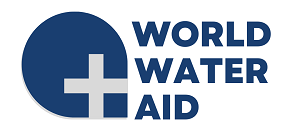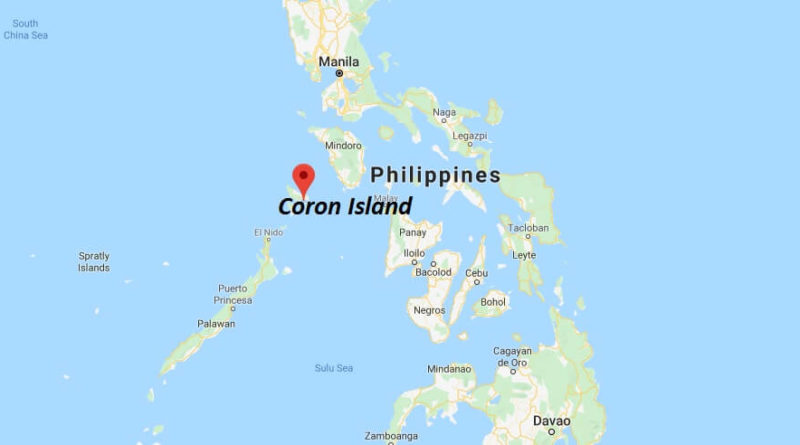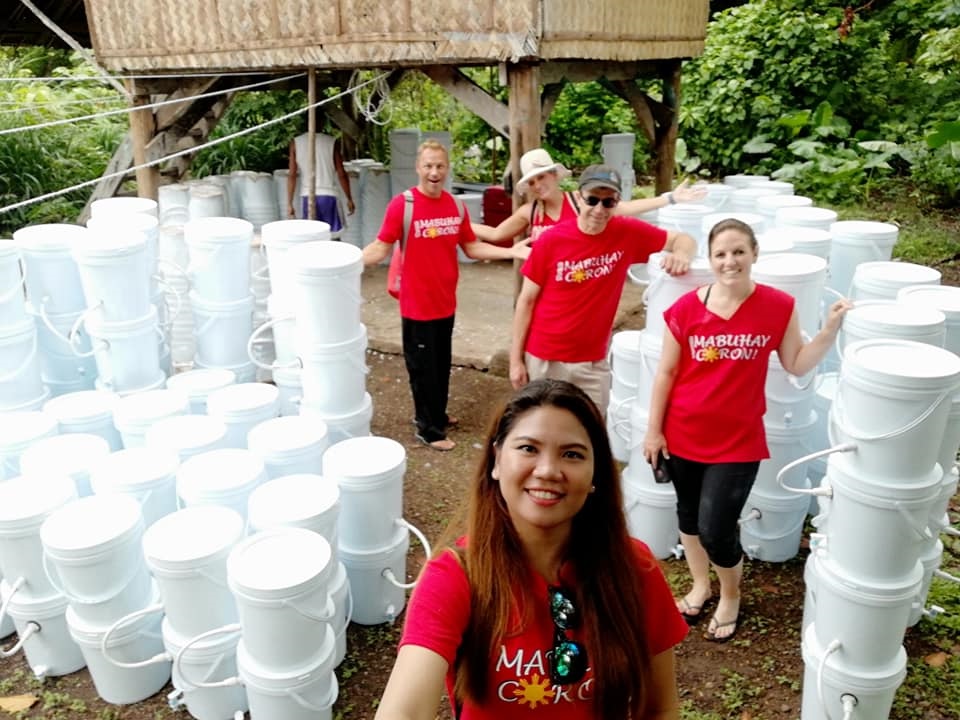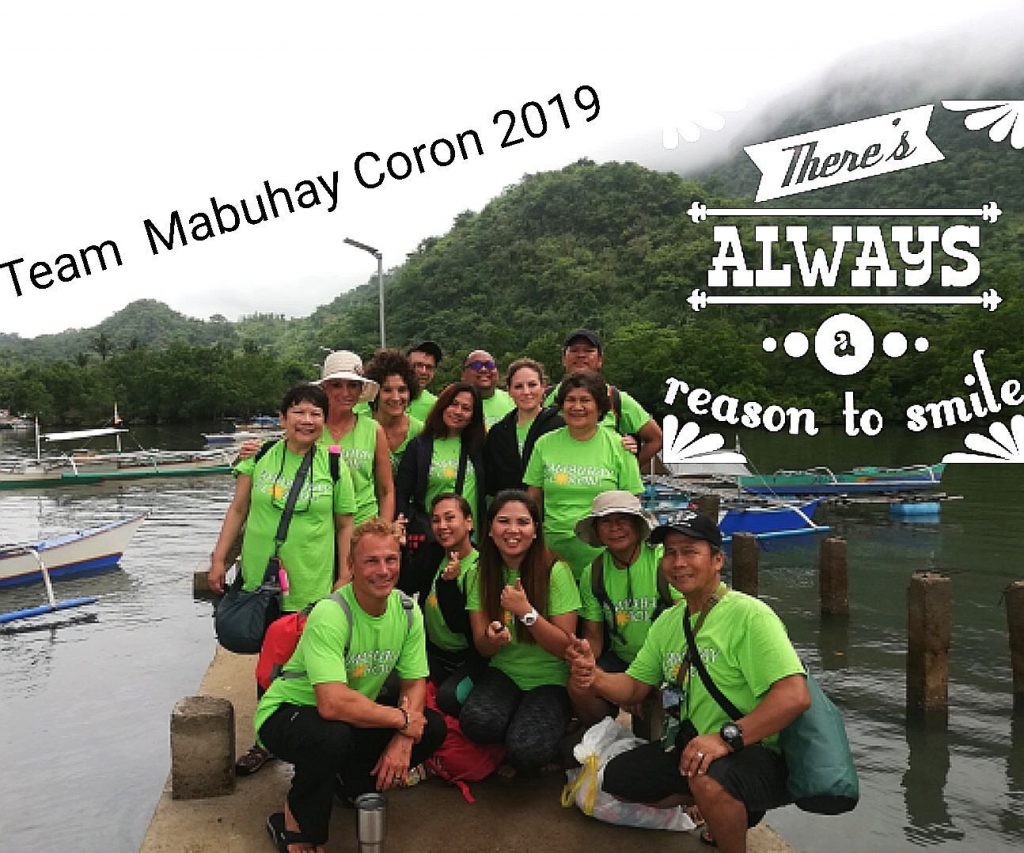World Water Aid deployed water filters on Coron Island in the Philippines, joining with personnel on a dental humanitarian trip to deliver clean water to more than 2,000 people. In the first three months of use in the Philippines, the two bucket water filtration systems have received positive feedback from each organization currently using the filters and buckets. Customers report that there has been decreased sickness and fewer visits to the doctor among all users, resulting in an overall financial gain for the families. Users have also expressed that their children are able to remain in school and parents are missing fewer days of work due to sickness.
Nearly 5 million people in the Philippines rely on unsafe and unsustainable water sources and 9 million lack access to improved sanitation. Despite its growing economy, the Philippines faces significant challenges in terms of water and sanitation access. The country is rapidly urbanizing, and its growing cities struggle to provide new residents with adequate water and sanitation services. In 2010, the government of the Philippines developed a road map to achieve universal water and sanitation services coverage by 2028. Water.org is working to support this goal.
But now in the Philippines and around the world, people are navigating the COVID-19 pandemic, and millions are striving to endure this crisis with an added challenge. They lack access to life’s most critical resource – water. Now more than ever access to safe water is critical to the health of families in the Philippines.
Philippines Capital: Manila
- Population of 105 million
- 5 million people lack access to safe water
- 9 million people lack access to improved sanitation
Our Impact in the Philippines
The Philippines is a country of 7,000 islands with 79 million habitants, located in the South East Asia. The country suffers from poverty and severe environmental problems like air- and water pollution caused by natural disasters, pesticides and deforestation. (‘Filippinerna’, (2006)) Many of the hazards that the country is affected by are natural in origin and there are fears that these will be intensified through climate change. The Philippines has experienced tropical cyclones, earthquakes, droughts and flooding, volcanic eruptions, tsunamis, El Niño and La Niña episodes. There has been loss of human lives, homes and livelihoods, which has resulted in great economic disaster. (Climate Change Research, 2007). The economic situation of the country is very poor, 10% of the habitants own 65% of the assets while 1/3 live under the poverty line.
Since 2019, our corporate partner, Vivoblu Inc. has launched 5,000 water filters to organizations in nine countries, including the Philippines. In the Philippines, a team from the US went to perform medical and dental operations, as well as distribute and install life-giving water filter systems on Coron Island, passing out more than 250 water filter systems which provide clean water for more than 2,000 people.
The first inhabitants of Coron were the Tagbanuas who belong to the second wave of Indonesians who migrated to this area some 5,000 years ago. They were a nomadic, seafaring people, living mainly by fishing and subsistence agriculture. Although they are now sedentary (with the young using cell phones, etc.), they maintain many of their old customs, traditions and beliefs. Today, the Tagbanuas remain the dominant if not entire population of Coron. Another constant problem in Coron, Palawan is the daily threat of water contamination. According to Dr. Rommel Lizan, head of Environment and Occupational Safety Department of DOH regional office said that they conduced random water testing to five barangays in Coron mostly located in the populated areas of the municipality and the result shows high level of e-coli bacteria. (Tabuada, 2015)
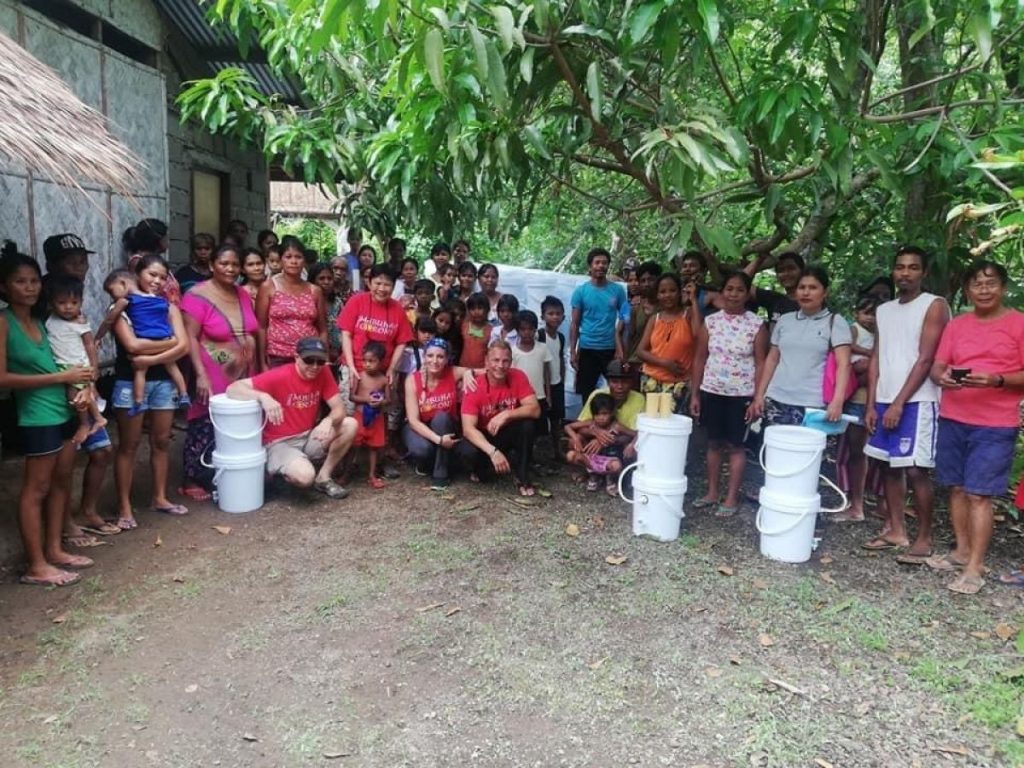
Coron Island has recently been proclaimed by UNESCO as a Man and Biosphere Reserve and thus gained international attention. However, tourism development in the country, while boosting economic activity also leads to various infrastructure projects to meet an expanding population. These tourism developments threaten both the coastal and upland areas, such as the Northern Palawan, which was originally seen as a site of unlimited resources by the community. However, inter-island transport, trash dumping, commercial fishing and tourism have had detrimental impacts. Ground-based activities such as deforestation, infrastructure development, waste water and organic waste are also imposing serious negative impacts on the marine and coast ecosystems on the islands.
